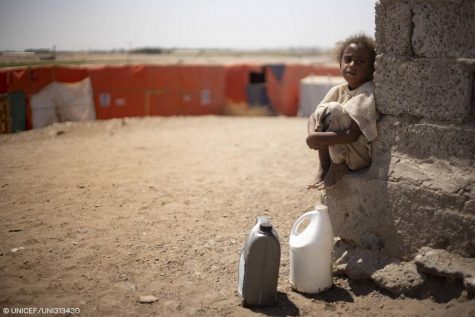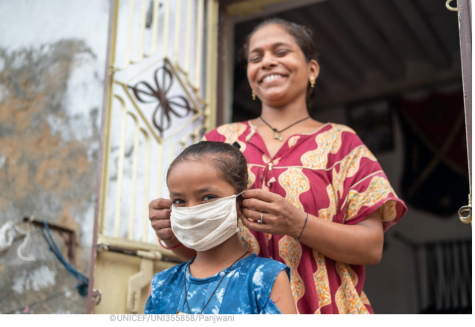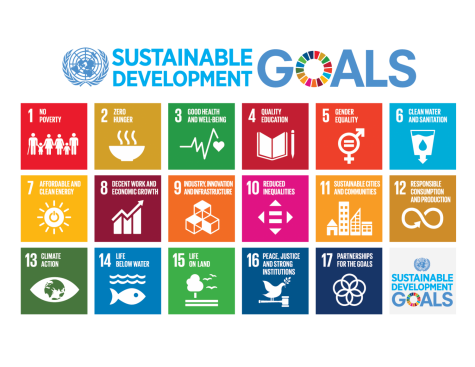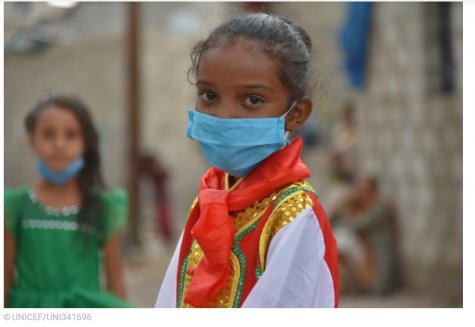Resolving the Conflict in Yemen
September 22, 2020
The spring of 2020 brought forth unprecedented transformations, with major social, economic, and political implications. Now more than ever before, an overwhelming number of individuals are experiencing severe economic hardships. As the global pandemic continues to rage, COVID-19 has left researchers struggling to tally mortality “the coronavirus death rate has been compared to the death rates of the Vietnam War, Gulf War, and Iraq War combined.” (Lambert)
Many low-income, war-torn countries, such as Yemen and Syria, now face severe shortages of resources. Developing countries do not possess the infrastructure nor the economic prowess to sustain long-term lockdowns. If not killed by the pandemic, many impoverished communities are likely to be killed as a result of hunger.
Yemen is a nation located in the Middle East below Saudi Arabia, in 2011, however, the cumulative effects of the Arab Spring (series of anti-government protests, uprisings, and armed rebellions that spread across much of the Arab) greatly impacted the citizens of Yemen. At the time, the government was led by Ali Abdullah Saleh. Hadi struggled to deal with issues such as military attacks, corruption, and food scarcity.
Despite peacekeeping efforts, such as the National Dialogue Conference (NDC), during which James Benomar (UN envoy) facilitated a discussion between the representatives from numerous political parties within Yemen, such peacekeeping efforts were interrupted by excessive violence exerted by “The Ansar Allah” rebel group forcing Hadi and his cabinet to flee.

Already serving as the largest humanitarian crisis and development crisis in the world, with over 24 million people (approximately 80% of the population) in need of humanitarian assistance (UNICEF). The crisis has transcended into further chaos and urgency as the sweeping detrimental impacts of COVID-19 on the globe began to seize and infiltrate the streets of Yemen. COVID-19 is exacerbating the already overwhelming health crisis in Yemen.
COVID-19 is ready to deliver a knock-out punch. (UNICEF)

The rapid rate of infection remains unknown due to lack of testing and reporting due to compromised medical and healthcare systems, however the United Nations estimate that up to 30% of the population has died as a result of this global pandemic. This additional barrier further hinders efforts made in the past by local civilians to tackle the expansive humanitarian crisis engulfing the nation.
Through adversity, unimaginable war, and devastating epidemics, somehow the citizens of Yemen have fought hard in pursuit of their aspirations of improving the situation and getting their lives back on track. This time, however, may be different. With a ravaged healthcare system, consisting of only three doctors and seven hospital beds for every 10,000 people, such health care facilities fail to provide adequate assistance needed by the population of Yemen during such arduous circumstances. (UNICEF)
Even among those who can afford healthcare, many chose to remain ill rather than seek assistance due to fear of stigmatization, violence, or community ostracization. To summarize, many Yemenis would rather die at home than seek care.
The future economic implications and ramifications of this pandemic on Yemen are astronomical, facing generations of socio-economic fallout if global action fails to be implemented. Remittances from Yemeni diaspora, normally totaling over US$3.5 billion annually and were vital to the survival of millions, used to sustain many agricultural and industrial businesses. However, due to additional tension rising as a result of the oil crisis, many Yemeni expatriates affected by the drop in oil revenues remittances are projected to fall by up to 70 percent.
These cumulative results of such implications will translate into millions suffering from extreme poverty, lacking facilities to provide them with essential survival such as food, water, healthcare, and education.
As an international community, nations possess the moral and ethical obligation to support Yemen while they are encapsulated within this catastrophic state. The United Nations has already begun taking urgent and immediate action to tackle several social, economic, and environmental challenges connected to the crisis, also enabling the progression of the Sustainable Development Goals targeted for completion by 2030.

The public health sector in Yemen has been equipped with COVID-19 isolation centers, fueled by energy generated by solar panels, enabling the facilitation of healthcare services even with chronic lack of electricity. Further implementation of awareness-raising programs has also assisted communities in understanding COVID-19, allowing civilians to seek further assistance without fear of stigmatization.

In order to tackle the economic crisis, collaboration with the United Nations Sustainable Development Committee has empowered numerous small and medium-sized business which currently address COVID-19 personal protection, but which could also be potentially viable and successful in the future, in a world void of the pandemic.
Efforts to generate more jobs are also in place, allowing citizens to make up for missed income due to job loss or decreased family remittances. (English)
The United Nations are taking action, but we need to as well.
Despite these efforts, Yemen still lacks the assistance necessary to fill the huge funding gaps needed to address COVID-19 amongst their other needs throughout the country.
Please do your part, donate to the United Nations Development Program by clicking here.
Works Cited:
English, Joe. “Yemeni Children Face Deadly Hunger and Aid Shortages as COVID-19 Pandemic Spreads.” UNICEF, 18 Sept. 2020, www.unicef.org/press-releases/yemeni-children-face-deadly-hunger-and-aid-shortages-covid-19-pandemic-spreads.
Lambert, Lance. “The Coronavirus Has Now Killed More Americans than the Vietnam War, Gulf War, Afghanistan War, and Iraq War Combined.” Fortune, Fortune, 26 May 2020, fortune.com/2020/05/15/coronavirus-deaths-us-covid-19-death-rate-covid-19-more-than-korean-vietnam-gulf-afghanistan-iraq-wars-combined/.
“Yemen Crisis.” UNICEF, 23 Aug. 2020, www.unicef.org/emergencies/yemen-crisis.

Conor Duffy • Oct 2, 2020 at 12:02 pm
Wow! That was a very thorough, well written article on a country that, to be honest, I don’t think too much about! Thanks for drawing attention to them… one thing for sure, the virus has nor bias nor dies it play favourites… it will attack anyone…